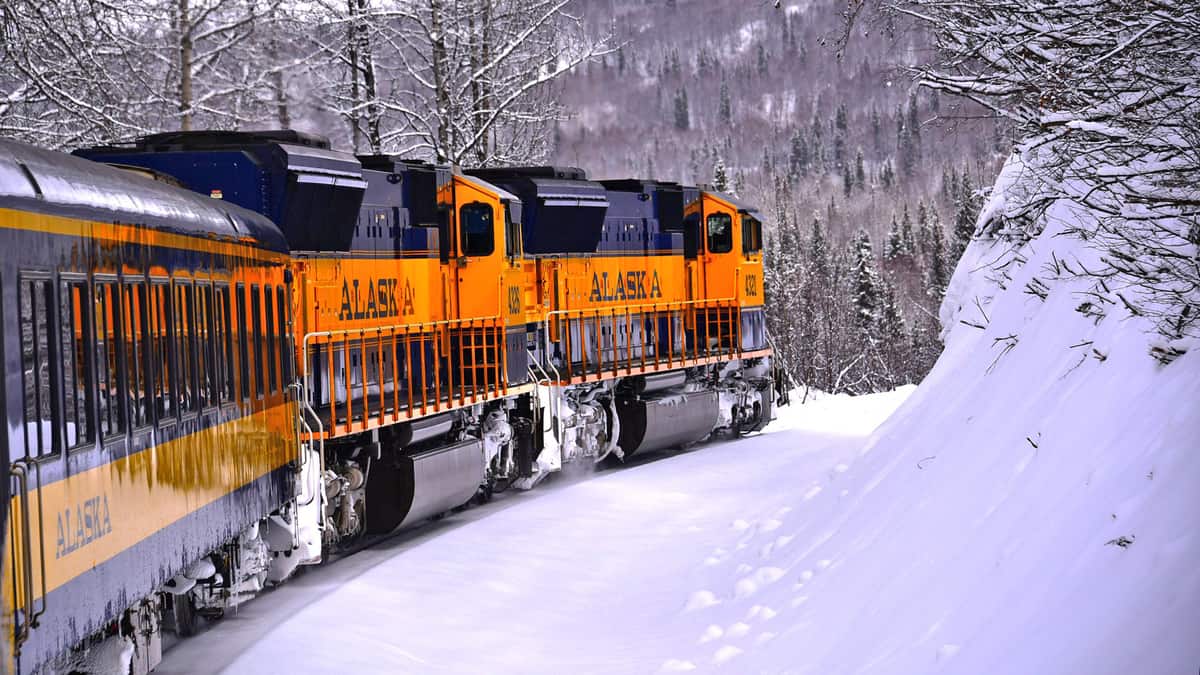The Federal Railroad Administration (FRA) has awarded $320.6 million to 50 projects in 29 states as part of a grant program aimed at helping localities, short lines and passenger railroads improve the safety and efficiency of their rail networks.
The monies came from the Consolidated Rail Infrastructure and Safety Improvements (CRISI) program, a five-year program authorized by the Fixing America’s Surface Transportation (FAST) Act to improve the safety, efficiency and reliability of intercity passenger and freight rail systems.
The awards program adheres to certain parameters, including a requirement that at least 25% of the projects that the CRISI program funds are rural projects. For this year, over 60% of the projects receiving funds were rural. Thirty-two of the 50 grants awarded were for projects in what FRA calls Opportunity Zones, or areas that seek private investment to revitalize economically distressed communities.
Nine projects addressed safety at highway-rail grade crossings, including the deterrence of illegal trespassing. Other projects seek to expand, upgrade or rehabilitate railroad track, switches, yard and station facilities to increase performance and service delivery, FRA said.
“We were pleased to see a couple of short line applicants, and we hope there will be more of that because a lot of time they’re the drivers of the local economy,” said FRA Deputy Administrator Quintin Kendall in a call with reporters.
Although the CRISI program is in its last year of funding, Congress is considering a one-year extension of the FAST Act. Industry stakeholders also hope the next surface transportation bill will continue the CRISI program, which has received bipartisan support. FRA has awarded over $1.2 billion through the CRISI program since 2017.
A full list of awarded projects can be found here. Some highlights are:
- The Southeast Corridor Acquisition Project (multiple Opportunity Zones), with $47.6 million awarded to the North Carolina Department of Transportation.
The grant facilitates the purchases of right-of-way along CSX’s (NASDAQ: CSX) S-Line rail corridor from Raleigh to Ridgeway, North Carolina, to preserve the corridor for future intercity passenger rail service. The project also will enable improved freight capacity, reliability and resiliency on CSX’s A-Line. About $2.6 million of the funding came from fiscal year 2018 as part of a carryover fund or CRISI restoration, FRA said.
- The Twin Cities-Milwaukee-Chicago Intercity Passenger Rail Service Project (qualified Opportunity Zone), with $31.8 million awarded to the Wisconsin Department of Transportation.
The project consists of six infrastructure improvements in Wisconsin and Minnesota on Canadian Pacific’s (NYSE: CP) Soo Line serving Milwaukee and Minneapolis/St. Paul to add the first state-supported intercity passenger rail frequency between the Twin Cities and Milwaukee, which would contribute to an eighth round trip on the Hiawatha service between Milwaukee and Chicago, FRA said. The project seeks to address communication and signaling needs; extend rail sidings; improve at-grade crossings; extend yard lead track; and reconstruct and modify new turnouts and mainline track.
- Pine Tree Corridor 286,000 capacity and safety improvements (multiple Opportunity Zones), with $16.9 million awarded to the Springfield Terminal Railway Co., a subsidiary of Pan Am Railways.
The grant enables the replacement of about 75 miles of rail; the installation of approximately 55,000 ties; the upgrade of some 72 grade crossings; and the strengthening of about five bridges in central Maine between Waterville and Mattawamkeag.
“These investments will improve the 110-mile rail corridor while allowing faster speeds (from 10 to 25 miles per hour) and increasing the ability to accommodate 286,000-pound cars on the rail line,” FRA said.
- Trespass prevention and pedestrian safety enhancements on the Michigan Line (nultiple Opportunity Zones), with $15.6 million awarded to the Michigan Department of Transportation.
The project seeks to eliminate trespasser hot spots along the rail line from Dearborn to Kalamazoo, Michigan, owned by the Michigan Department of Transportation, by improving eight grade crossings, closing another crossing and installing approximately 157 miles of right-of-way fencing, FRA said. The hot spot locations are found in downtown Dearborn, Ypsilanti, Ann Arbor, Albion, Augusta, Galesburg and Kalamazoo. Trespassing incidents have resulted in 12 deaths between 2016 and 2019, the agency said.
- The Virginia Continuous Welded Rail and Corridor Improvement Program on the Buckingham Branch North Mountain Subdivision (multiple qualified Opportunity Zones), with $13.67 million awarded to the Buckingham Branch Railroad Co.
The grant facilitates improvements to the Buckingham Branch Railroad’s line between Charlottesville and Clifton Forge, Virginia. Improvements include the installation of continuous welded rail over approximately 70 miles and improves associated ballast; upgrades to about 14 grade crossings and five railroad bridges; the installation of drain systems in the Afton railroad tunnel liner to reduce ice buildup; and improvements to clearances in two additional railroad tunnels.
“The project improves reliability and resiliency and opens larger freight car opportunities with the tunnel clearance improvements,” FRA said.
“For this year, we feel like we’ve touched upon so many different categories and recognized the potential of this grant program,” Kendall said.
Click here for more FreightWaves articles by Joanna Marsh.
Related articles:
Federal government offers $244 million in grant money for rail projects
Rail industry groups eye pandemic relief/capital investment funding
House lawmakers approve $13.6B lifeline for Highway Trust Fund











